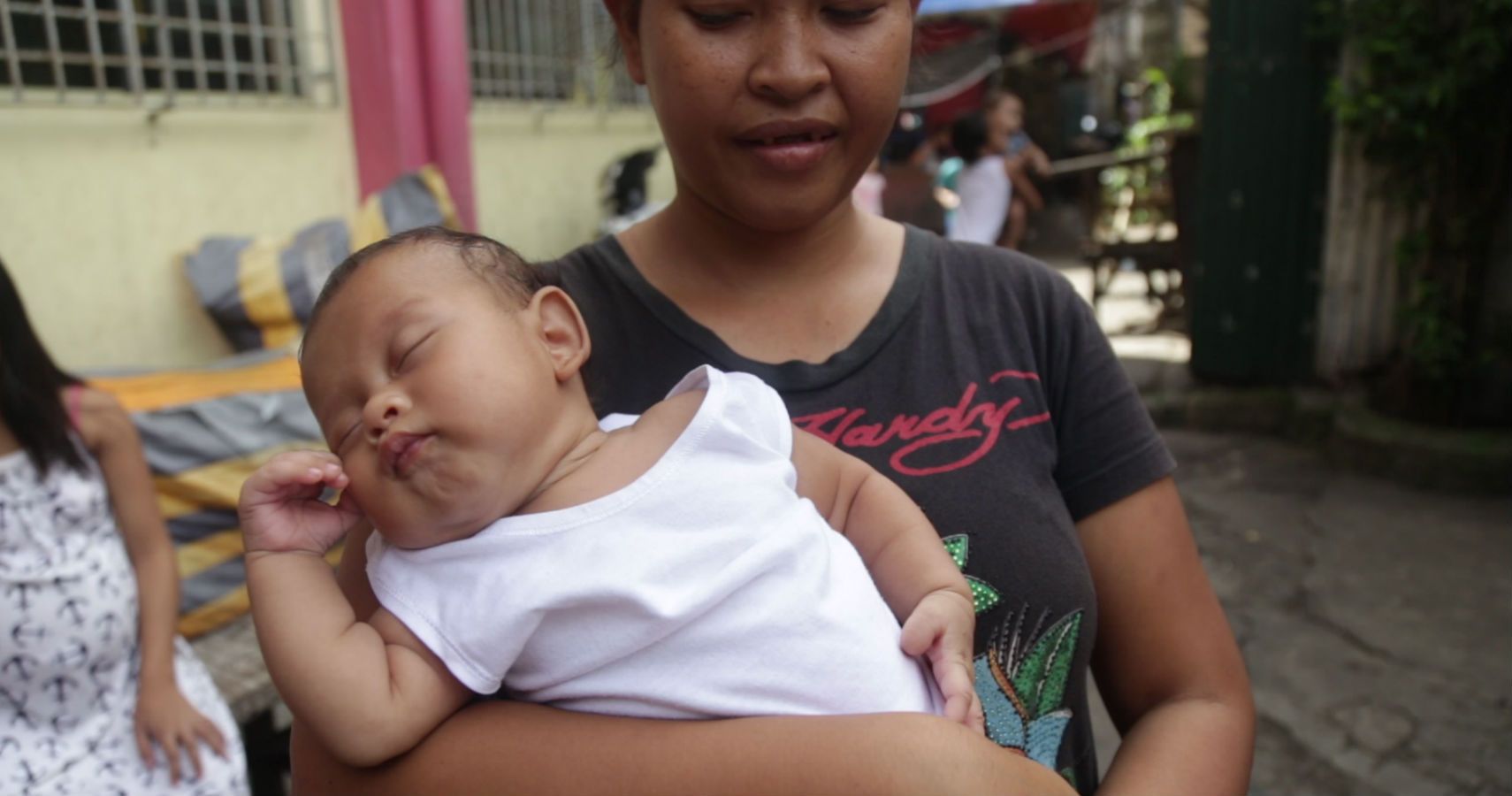Venezuela’s higher than average global teen pregnancy rates, coupled with a severe economic crisis, has shackled the country’s public health care system. Reproductive healthcare is increasingly out of reach for the majority of Venezuelans.
According to a study conducted by the United Nations Population Fund (UNPF), nearly one in four children is born to a teenager in Venezuela. The country tops the list of Latin American countries with teenage pregnancy. Unstable political and economic situations have aggravated the deteriorated reproductive health standards in the country.
Factors like these have led to undernourishment among children in the country. Also the high rate of inflation has made baby food too expensive from most citizens. In addition, contraceptives are not reasonably priced for the general public. As a result, people are dependent on NGOs and other voluntary organizations that provide contraceptives at subsidized rates.
Experts have observed a radical change in an adolescent’s life when she becomes pregnant in a developing country like Venezuela. Her education may stop, which leads to lower job prospects. She also becomes more vulnerable to poverty and delinquency. Oftentimes, young girls are forced to marry early, which is another blow to their basic human rights.
Furthermore, pregnancy at puberty may lead to devastating health consequences. Often, the body is not mature enough to bear a child and therefore becomes more vulnerable to complications sometimes leading to the death of both the mother and child.
Different organizations have taken up initiatives to address these issues. Earlier this year, the United Nations launched a program in Venezuela to prevent violence. The program is also focused on resurrecting the reproductive health care system in the nation. According to Adriana Periera of the United Nations Population Fund, “Venezuela has a number of programs to empower the girls, but the problem is that they are currently under-funded and without resources. We are focusing on contraception, education, and prevention."
Since 2003, UNPF has played a pivotal role in Venezuela in the systematic procurement of contraceptives. It has also facilitated youth access to comprehensive education to prevent and curb the high teenage pregnancy rate in the country. In addition, it has helped mitigate the spread of sexually transmitted diseases and fight the sexual abuse of children and adolescents. These preemptive measures have helped control the ill effects of teenage pregnancy, which has had devasting consequences in Venezuela.
RELATED: What Can Happen in a Teenage Pregnancy
In 2018, UNFPA Venezuela spent 32.6% of its total integrated program expenses on adolescents and youth. Priority has been given to adolescents, especially very young girls, in national development policies and programs, by increasing comprehensive sexuality education and sexual and reproductive health.
Teenage pregnancy being a significant concern, organizations feel a growing need to address the issue before it cripples the country.

